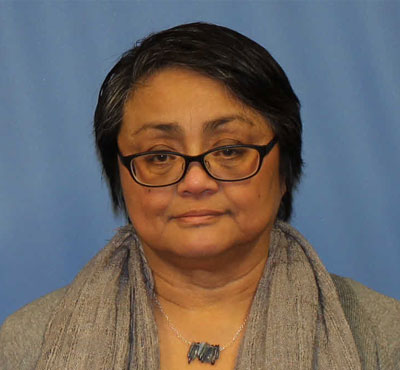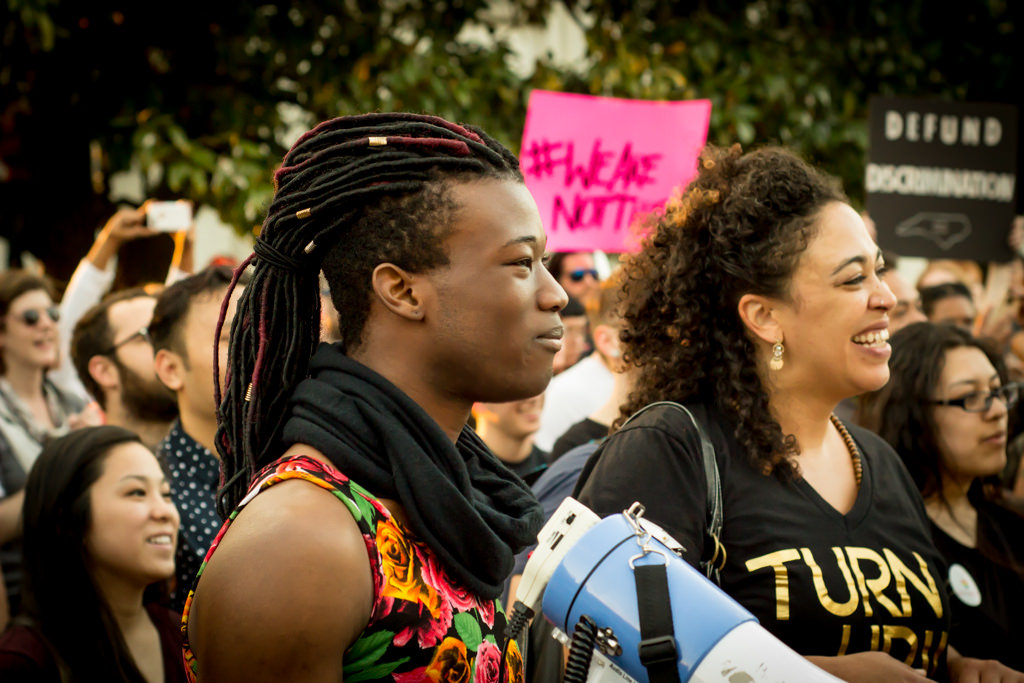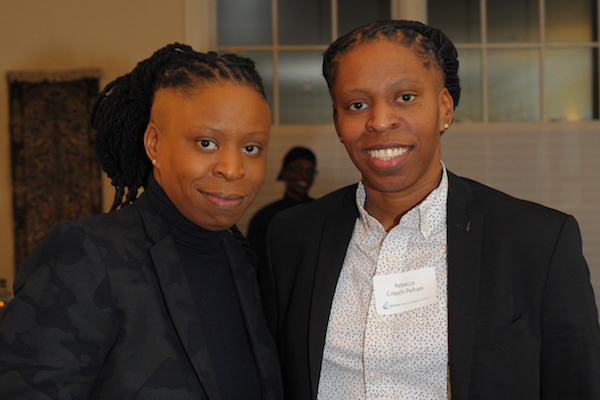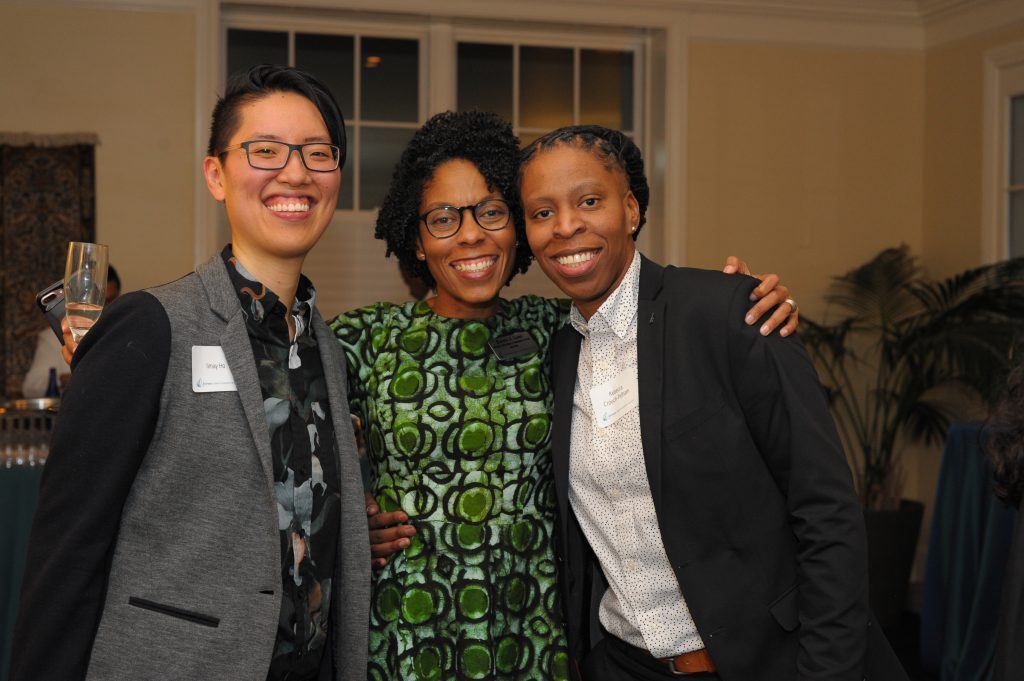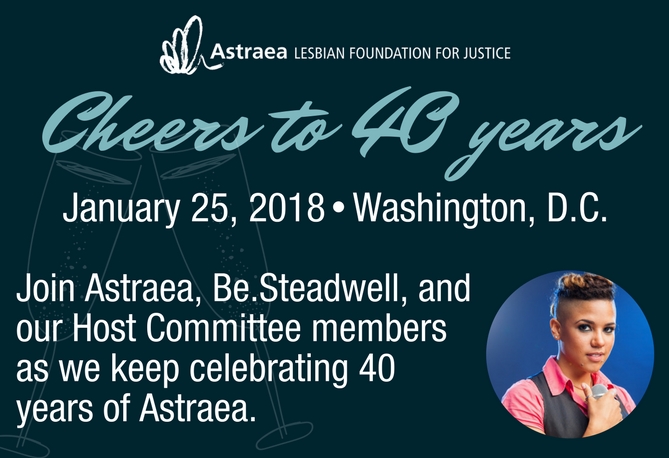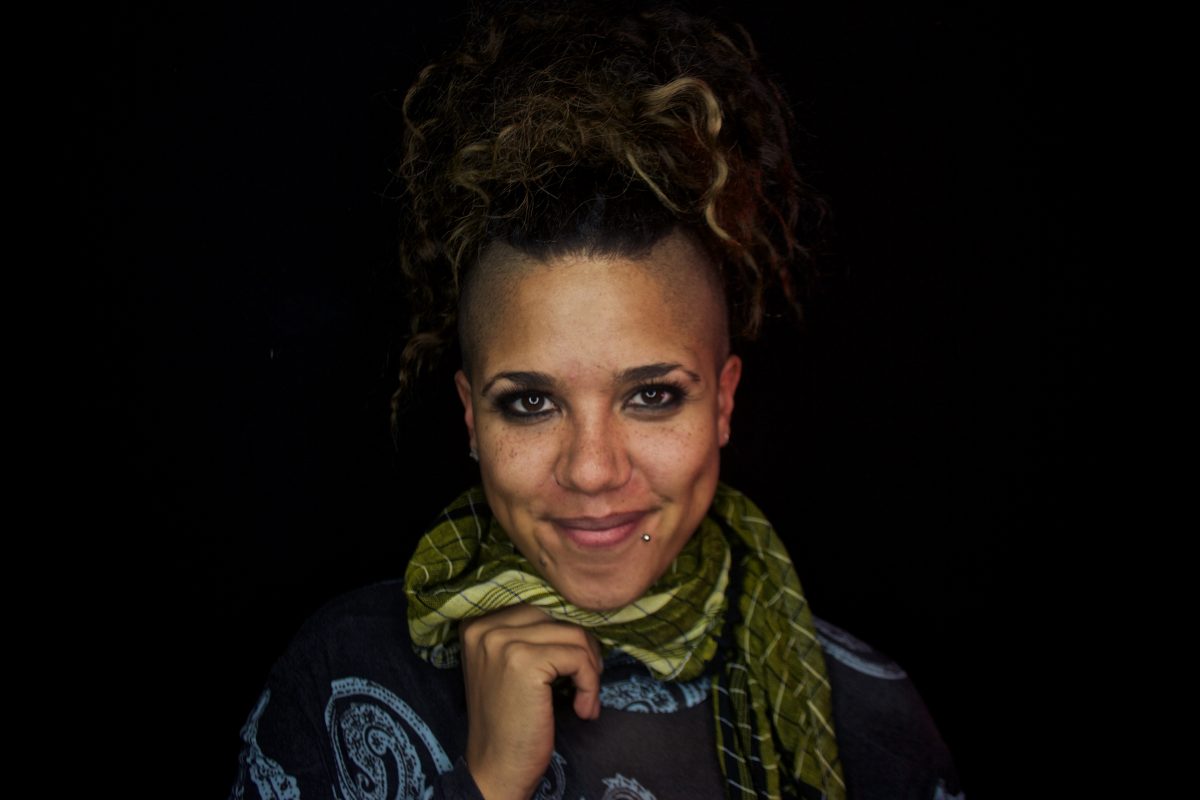Norma Timbang provides private consulting and facilitation toward transformative and transitional processes for human and health services, policy advocacy, grassroots, academic, community, and social justice organizations. Her consulting work includes and is centered on integration of values and principles of equity and social justice. She has decades of experience in organizational leadership and administrative oversight, including as one of the founding mothers and former executive director of Asian & Pacific Islander Women & Family Safety Center (now merged as API Chaya), former Administrator/Senior Research Coordinator for Center for Women’s Welfare, former Community Programs Manager at International Community Health Services, and former executive director of Asian Pacific AIDS Council. She has also formerly served as a member of such organizations as the National Asian Pacific American Women’s Forum’s (NAPAWF’s) governing board and the Washington State Task Force on Human Trafficking. Norma was an awardee of the 2011 Tony Lee Social Justice Award, a 2011 co-honoree of a City of Seattle proclamation for organizing towards social justice in response to human trafficking and intimate partner violence, was the 2015 recipient of the University of Washington, School of Social Work Martin Luther King Community Service Award, a recent nominee for the University of Washington’s Distinguished Teaching award, and was recognized as one of 50 U.S. Asian Pacific American “Sheroes” by NAPAWF.
Norma is adjunct faculty at the University of Washington School of Social Work and has taught courses on social justice and racial equity, InterGroup Dialogue, organizational development, community and coalition building, policy development and advocacy, community organizing, human development, direct social work practice, and community collaborative program evaluation and participatory action research. Additionally, Norma has been a counselor for many years and currently has a small private practice as a mental health therapist and organizational healer. Norma also provides conflict mediation from a framework of equity and social justice. She is one of the co-founders at The Well on Beacon in Seattle, a culturally diverse and responsive, multi-service, holistic wellness clinic.
Born and raised in the Seattle and surrounding area, Norma is a grandmother of 5 and mother of 2 mixed race single moms. She is a survivor of domestic violence and child sexual assault. She identifies as Filipinx, disabled, queer, pansexual, has cis-gender privilege, and goes by she or they pronouns. At age 62, Norma lives in a small studio apartment in a suburb of Seattle. She enjoys cooking and eating in her disproportionately large kitchen, playing with grandchildren, hanging out with her daughters and her partner of 17 years, Tania. She has been working on a book for many years on internalized oppression, ironically the reason the book is taking so many years to write.
Q&A with Norma Timbang
Most of your activist work has been centered in the Pacific Northwest. Why does it feel critically important to you to do social justice work in that region?
I’m connected now to a few LGBTQ policy advocacy and movement building organizations and get event and project announcements quite frequently. When I look at who is involved in some of the projects, I still see a lack of diversity. I’ve also engaged with LGBTQ organizations and am concerned by the lack of understanding of how to operationalize equity and inclusion. Unfortunately, this often leads to struggles in collectives and organizations, e.g., breakdown in relationships, trust is lost, resentment grows, several members choose to exit (sometimes all or majority the BIPOC members), etc. Sadly, this is painful and sometimes results in white LGBTQ leadership sustaining their status as leaders in our communities, while still holding limited understanding of equity and inclusion. In our region, I see the culture of – “Let’s not and say we did” (phrase coined by a black activist in our community) – contributing to the continued white dominance in our movement. Ultimately, this divides our communities and leaves BIPOC LGBTQ folx with disproportionately less resources and capacity for sustainability.
We still get left out. I’ve been connecting with LGBTQ elder projects and I still find sometimes that I am the only person of color in the room when planning events or conferences. When I try to bring in other BIPOC folx, there is resistance on their part because of past experiences of exclusion and racism in LGBTQ projects. In the PNW, elder LGBTQ housing and service development is an overwhelming concern. We don’t have enough opportunities to dig into the needs at the intersection of race and LGBTQ identities and culture. As a part-time teacher at a school that brings in students from all over the country, I hear that this area is sometimes thought of as having a culture of being “nice” but not having the capacity to be open and deeply engage in conversations about race, class, gender, queerness, immigration, etc., or to explore possibilities for alliance or accountability.
You’re known as the coordinator and “grandmother” of the first National Queer Asian Pacific Islander Alliance (NQAPIA) conference. Why did it feel critical at that time to organize API communities, and specifically queer and trans API communities? Why does it still feel critical?
We are still invisible. As I got older I realized my work could be more about being behind the scenes, working towards practices and principles for leadership building and organizational capacity building. I saw a new generation of folx moving forward with change-making goals and generating important critical thinking regarding the diversity of cultures in the Asian and Pacific Islander communities. I feel like I can be of some support in making the space for this to not just be a moment in time, but to rise up the perspectives of the API LGBTQ communities and to enhance national networking. The good connections we make, the relationships we build, acceptance and visibility of diverse cultural contexts, are essential to base building, relevant practices, and policy advocacy.
One of the most challenging API community struggles has been to increase our collective understanding of anti-blackness. I’ve witnessed API internalization of white dominant perspectives of what it means to be black or what it means to be LGBTQ. At the same time, we still need to be visibly diverse and consistently address stereotypes of us. I’ve heard staff reviewing applications for individual fellowships imply that the API applicants don’t need funding, believing the dominant and untrue stereotype that we are all financially well off. I still hear people from white dominant LGBTQ communities assume that API’s are immigrants, or the conflation of Taiwan and Hong Kong as – “aren’t they all just Chinese?”, or from our own communities – the assumption that being “gay” is a thing that white people do.
How do you feel about being considered a mother/grandmother of the movement? What advice do you have for younger generations of queer and trans movement leaders?
I feel very privileged to be considered in this way. I used to feel weird when folx referred to me as “Aunty Norma” – but now I have settled into it and am happy to receive respect wherever I can get it. I feel like my role is to support new leadership and to grow tighter intergenerational bonds. I don’t feel like I am in a place to offer advice but that we all learn together and there are definitely folx younger than myself who know so much more than me about how to move the needle towards liberation. The strength in our movement is reliant on our shared knowledge, but also on the strength of our relationships, and on our compassion for each other.
Sometimes what I see is that some folx from oppressed experiences in the movement for social justice, equity, and inclusion, hold so much anger and resentment from that place of oppression and this often ends up not serving us well. My hope is that we learn more about how to receive each other with open hearts and minds and to not cut each other off based on assumptions or judgments. In doing mediation with some of our grassroots folx in the movement, I feel such hopefulness when I get to witness that they actually can listen to each other with empathy and work to heal the wounds that are ultimately created by this oppressive system. Collective trauma and historical trauma can be unearthed and be a place of connection and enhance our common analyses of how to resist these oppressive and divisive systems. There are certainly people we should not be working with, but we also risk losing progressive and active community members if we don’t take the time to listen and have deep compassion. I hope that people can take the time to be mindful and pay attention to their wellness, and support each other in their collective wellness, to respect and hold each other when times are rough, to continue to be visible and make our most radical and rebellious work a place of integrity and fire.
What does it mean to you to be nominated for the Astraea Acey Social Justice Feminist Award?
I hope it’s okay, but I’m going to have to share a little bit of my feelings of struggle here. I don’t see myself as a victim – I do see my narrative, however, as representative of many BIPOC, financially struggling, LGBTQ elders. Firstly, it’s so true that some of us as we grow older are not able to reach the kind of financial profile that many white and middle class LGBTQ folx can. I also feel like the majority of BIPOC LGBTQ folx don’t have the advantage of accumulated or intergenerational financial stability. I also end up using much of my earnings to make sure my adult children can pay their rent and take care of their children. Working part-time and picking up gigs here and there for extra income, is how I make ends meet. I’m not the person who usually gets chosen for the higher paying full-time jobs, maybe it’s my age, or maybe it’s about not being white smart. I still have a substantial balance on school loans that I took out to pay for child care, etc., when I was finishing my bachelors degree as a single mom in the 90’s. For now, the Acey funds will help pay some medical bills and, honestly, help fill in the income gaps I sometimes experience.
I am also so very grateful and am feeling a strong sense of honor and humility to be recognized among several amazing people who have done such outstanding work in our communities. This kind of acknowledgement helps to inspire me to keep on keeping on, to know I am not alone, and to thrive from a place of community support. It’s been a long road and so many paths to go…

